Charles Koch’s Sinister Attack on Regulation
The billionaire is funding a case before the Supreme Court that could liberate corporations from federal oversight and regulation.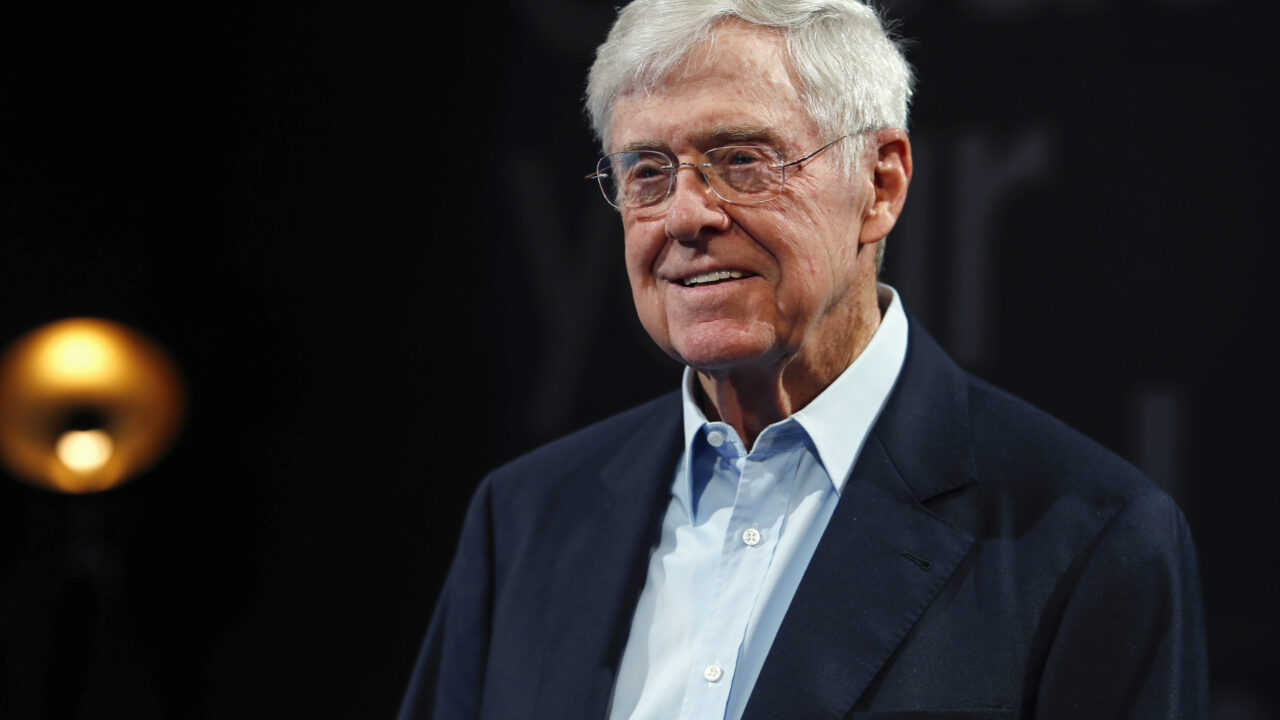 In this June 29, 2019 photo, Charles Koch, chief executive officer of Koch Industries, is seen at The Broadmoor Resort in Colorado Springs, Colo. (AP Photo/David Zalubowski, File)
In this June 29, 2019 photo, Charles Koch, chief executive officer of Koch Industries, is seen at The Broadmoor Resort in Colorado Springs, Colo. (AP Photo/David Zalubowski, File)
Donald Trump’s rants about the deep state are designed to deflect attention away from his own transgressions. An even more sinister attack on the legitimacy of the federal executive branch is taking place in the U.S. Supreme Court, and the result could strike a serious blow against corporate accountability.
The Court just heard oral arguments in two cases that were purportedly brought by commercial fishermen protesting their obligation to help pay for the cost of monitoring compliance with the Magnuson-Stevens Fishery Conservation and Management Act.
Instead of addressing that narrow issue, the cases are being used to challenge one of the bedrocks of federal regulation—the 40-year-old Chevron doctrine under which courts have given deference to agencies in interpreting laws relating to the environment, consumer protection, and the like.
It is standard procedure for Corporate America to use small businesses as a wedge for achieving changes that provide a lot more benefit to large companies. There was little doubt this was the dynamic at play in the fishing case.
A decision that overturns the Chevron doctrine would severely weaken the ability of federal regulators to do their job and would be a boon to serial offenders such as Koch.
The New York Times made this even more evident in an article revealing that the supposed public interest law firm bringing the fishing case is closely linked to billionaire Charles Koch, who has long sought to weaken government oversight of business as part of a broad rightwing agenda. Charles Koch and his late brother David bankrolled libertarian think tanks such as the Heritage Foundation and the Cato Institute as well as activist groups such as Americans for Prosperity.
This crusade has not been solely a matter of ideology. There is also a great degree of self-interest involved. That’s because Koch is the chairman of Koch Industries, a privately held industrial conglomerate that has for decades clashed with regulators and prosecutors.
In the period since January 2000, the company has, as documented in Violation Tracker, been involved in hundreds of federal, state and local regulatory cases and has had to pay more than $1 billion in fines and settlements.
Most of these penalties have been paid by Koch’s numerous subsidiaries, which do business in industries that often run afoul of environmental and workplace safety rules. These include Flint Hills Resources (petroleum), Georgia-Pacific (pulp and paper), Guardian Industries (glass and coatings), and Invista (polymers and fibers).
Koch Industries has long used its political influence to try to protect the company against the consequences of its regulatory infringements. For example, in 2000 a federal grand jury in Texas returned a 97-count indictment against the company and four of its employees for violating federal air pollution and hazardous waste laws in connection with benzene emissions at the Koch refinery near Corpus Christi.
The company was reportedly facing potential penalties of some $350 million, but in early 2001 it got the newly installed Bush Administration’s Justice Department to agree to a settlement in which many of the charges were dropped and the company pled guilty to concealing violations of air quality laws and paid just $10 million in criminal fines and $10 million for environmental projects in the Corpus Christi area.
Now Koch is trying to achieve a lot more through its friends on the Supreme Court. A decision that overturns the Chevron doctrine would severely weaken the ability of federal regulators to do their job and would be a boon to serial offenders such as Koch.
Originally published by Dirt Diggers Digest.
Your support matters…Independent journalism is under threat and overshadowed by heavily funded mainstream media.
You can help level the playing field. Become a member.
Your tax-deductible contribution keeps us digging beneath the headlines to give you thought-provoking, investigative reporting and analysis that unearths what's really happening- without compromise.
Give today to support our courageous, independent journalists.

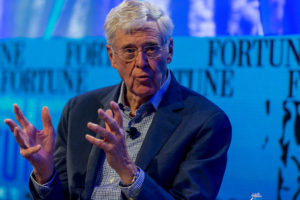

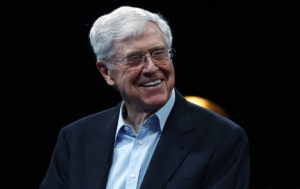
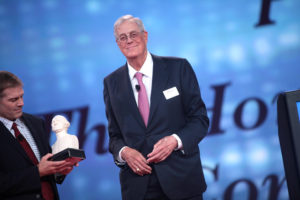
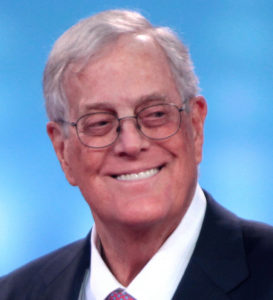


You need to be a supporter to comment.
There are currently no responses to this article.
Be the first to respond.